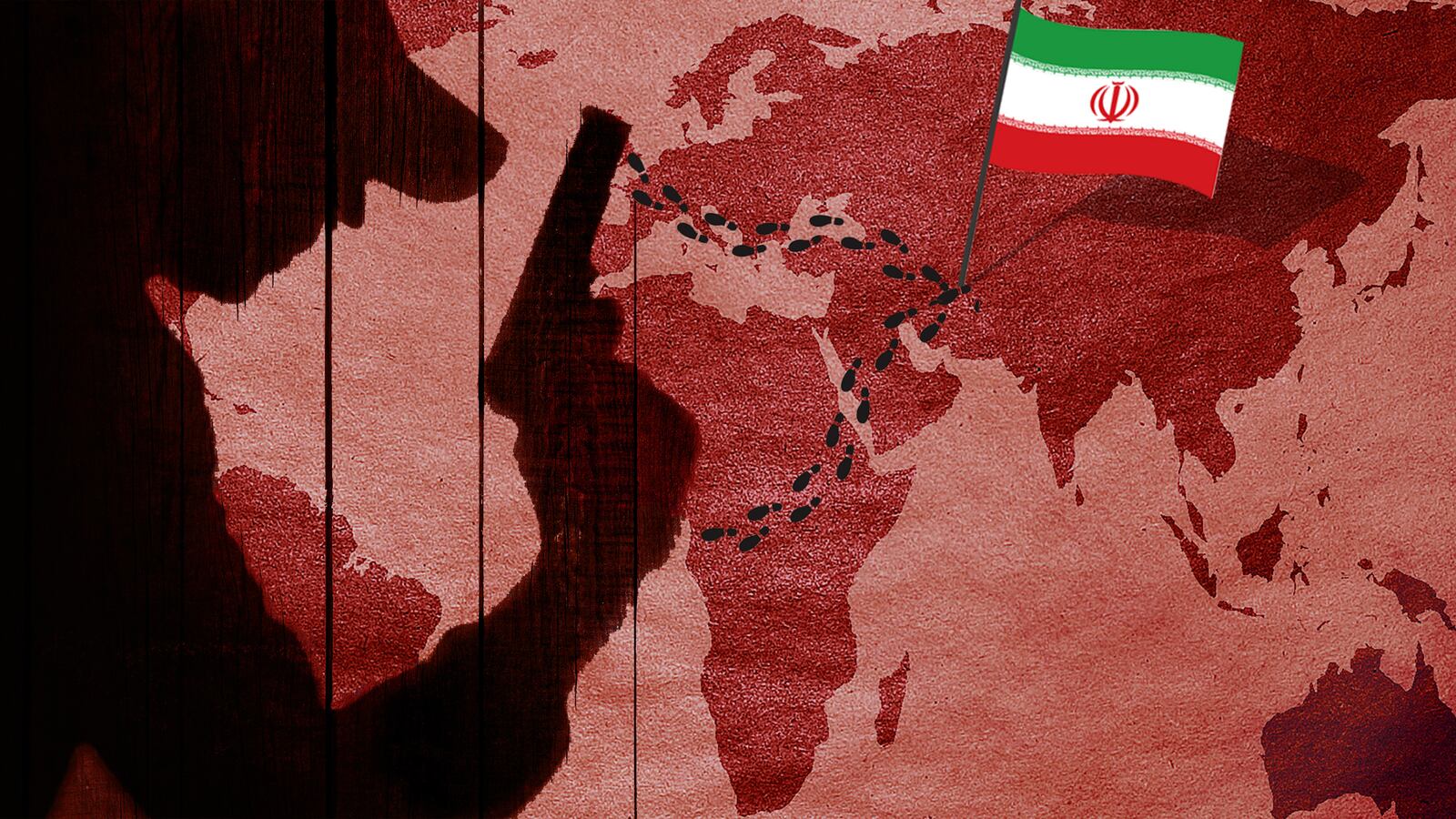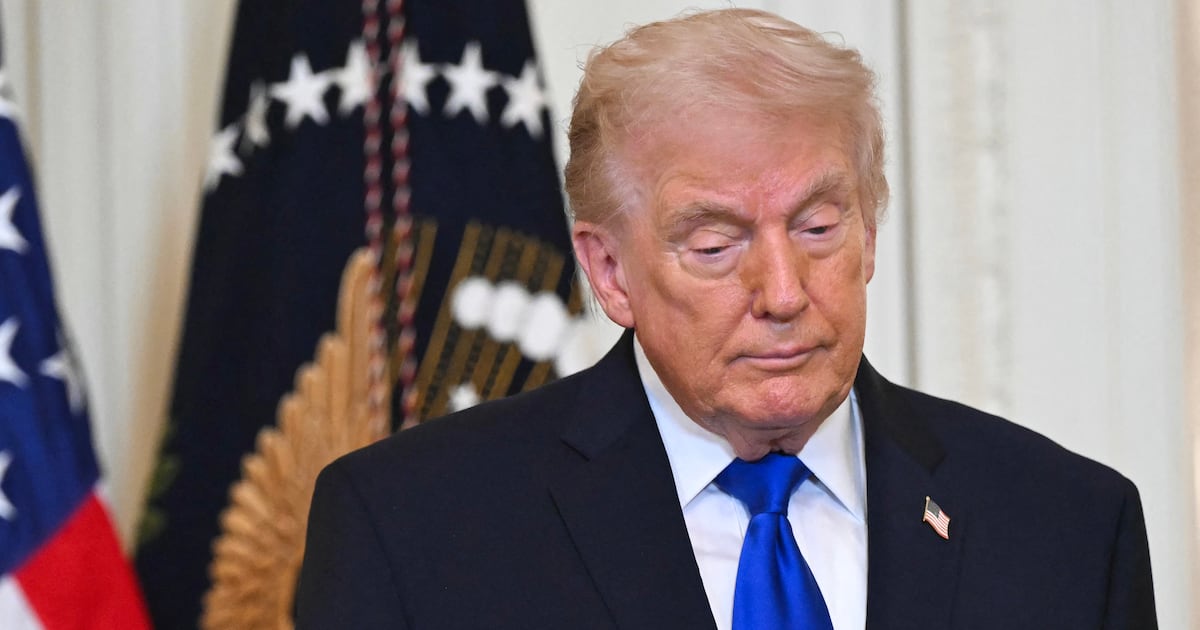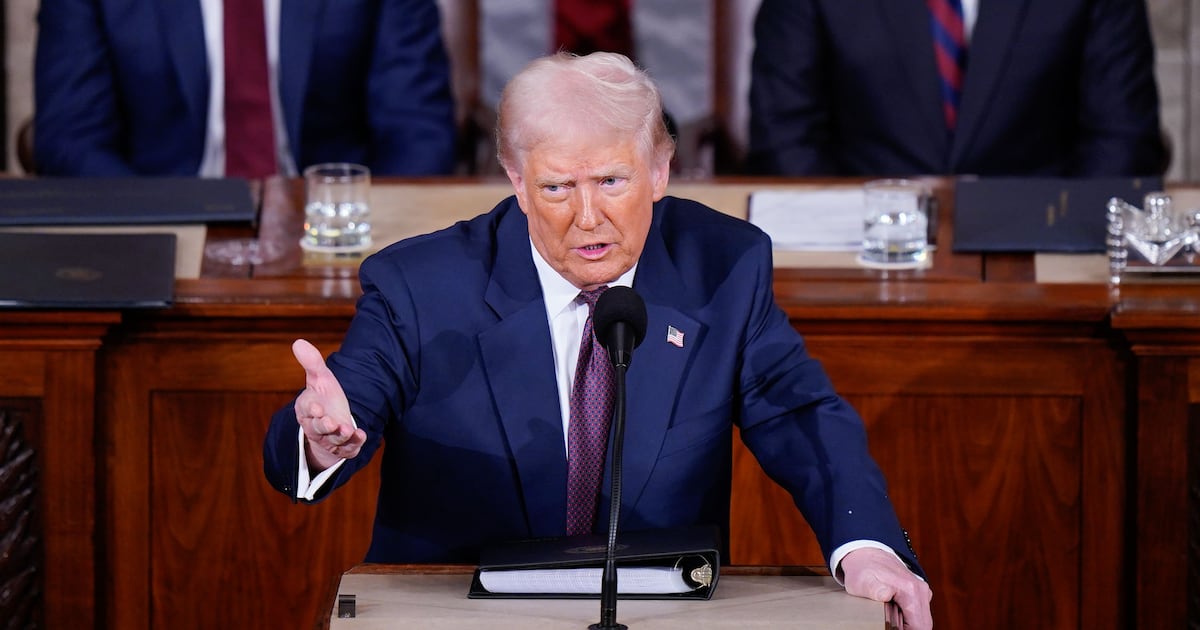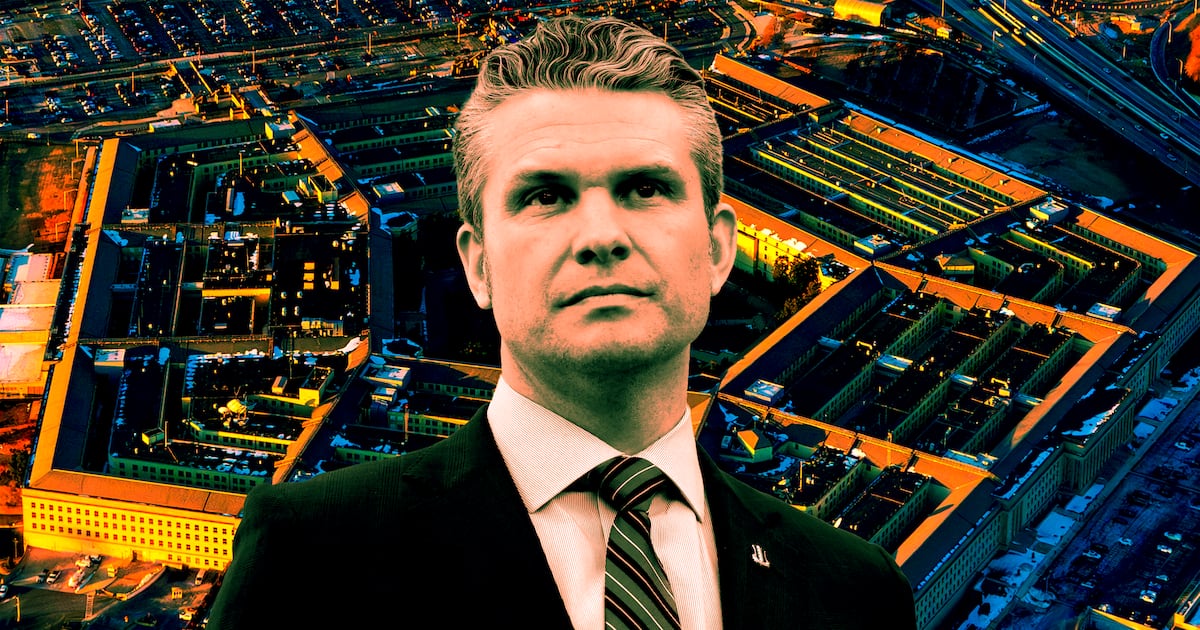ISTANBUL – Elements of Iran’s clandestine services are making increasingly bold and potentially dangerous moves across Europe and Africa, using diplomatic missions abroad as tools to project power in ways not seen since the 1990s, say security officials and counterterrorism experts.
The alleged surge in activity includes assassination plots, accusations of an attempted bombing, and the reported arming of rebel groups far from Iran’s borders. Taken together they add a potentially new and worrying dimension to the tensions between Tehran and the United States over Iran’s nuclear program, refinement of missile technology, and backing for militias in the Middle East.
This week German authorities charged an Iranian diplomat with masterminding an alleged plot to bomb the meeting in France of an exiled opposition group, the National Council of Resistance of Iran. Among those in attendance: former New York mayor and current Donald Trump lawyer Rudy Giuliani, who has long been a favored speaker at NCRI events.
According to the German prosecutor, the third counselor of the Iranian embassy in Vienna, known as Assodolah Assadi, handed an Iranian-Belgian couple in Luxembourg an explosive device with half a kilogram of the explosive TATP to be used to bomb the June 30 gathering in the Villepinte suburb of Paris. Iran has demanded Assadi’s release on grounds of diplomatic immunity and accused its enemies of concocting a false flag operation. Assadi and the couple remain under arrest.
U.S. officials paint the Iranian government as responsible for the alleged bombing scheme. They reject the notion of a false flag, meaning a set-up by others meant to implicate Iran, and say they are working with Belgian, Austrian, and German investigators.
“When you look at what Iran has done just in Europe since 1984 and continuing up to the present, all nations need to exercise vigilance to protect themselves against the Iranian threat,” a senior U.S. official told journalists this week. “This is only the most recent example of Iran using diplomatic cover to plot terrorism.”
(In fact, Iranian hit teams were deployed to murder enemies of the Islamic Republic at least as early as 1980, when a French policeman was killed in a botched attempt to murder a former Iranian prime minister.)
Days after Assadi’s July 1 arrest, Dutch authorities confirmed that a month earlier they had expelled two Iranian diplomats from Tehran’s mission in The Hague for unspecified reasons. Such expulsions are rare in the Netherlands, which maintains cordial ties with Iran. Last November, Iranian Arab activist Ahmad Mola Nissi was gunned down by an assassin or assassins in The Hague in a case that has yet to solved. Nissi was shot three times in the head and twice in the chest, dying instantly along a sidewalk in the Dutch capital. He was a leader of the ant-regime Arab Struggle Movement for the Liberation of Ahwaz, which accused Iran of ordering the hit.
In early May, Nasser Bourita, the foreign minister of Morocco, accused Iran of smuggling weapons to the Polisario Front, an armed group that has been fighting Morocco in the disputed Western Sahara for the last four decades. Morocco severed diplomatic ties with Iran.
Bourita alleged that members of the Polisario and members of Hezbollah who were working on behalf of Tehran met with Iranian diplomatic officials in Algeria. Bourita described a safe house inside Algeria allegedly used by Iran and Hezbollah, and said that Hezbollah had supplied the Polisario with advanced anti-aircraft rockets.
Bourita named the cultural attaché at the Iranian embassy, Amir Mousavi, previously described as an adviser to Iran’s minister of defense, as a key figure in the scheme. Bourita said he had personally handed a file containing the allegations to Iran’s foreign minister, Mohammad Javad Zarif.
“Morocco would not have bothered to submit a file to Tehran if it was not solid,” Bourita told the French language weekly Jeune Afrique. “The file was carefully prepared for weeks based on information collected and cross-referenced over several months. It summarizes proven and precise facts: dates of visits of senior executives of Hezbollah in Algeria; dates and venues of meetings with Polisario officials; a list of names of the agents involved in these contacts.”
During the 1980s and 1990s, Iranian operatives across the world engaged in assassinations targeting opposition figures in the U.S., France, Sweden, Switzerland, and Germany. In Argentina, Iran-backed groups were accused in the deadly bombings of the Israeli embassy in 1992 and a Jewish community center in 1994, attacks that left 115 people dead.
The rampage caught up with Tehran in 1997, when a German court ruling named Iran’s then-President Ali Akbar Rafsanjani and Supreme Leader Ali Khamenei of ordering the 1992 killings of several Iranian Kurdish opposition leaders at the Mykonos Restaurant in Berlin, igniting a diplomatic crisis that threatened ties between Iran and Europe. Iran’s then newly elected reformist president, Mohammad Khatami, spent the next few years restoring relations with Europe while pushing hardline elements out of the Ministry of Intelligence and Security and cleaning up the foreign ministry.
Those practitioners of the clandestine adventures then gathered within certain sub-branches of the Revolutionary Guard, or IRGC, experts and insiders say, regaining influence under the 2005 to 2013 presidency of Mahmoud Ahmadinejad.
Most Iranian embassies – like almost all major diplomatic outposts – include some spies working under diplomatic cover. But in recent years, Iran’s more cautious Ministry of Intelligence and Security officials have been supplanted by IRGC operatives, Western diplomats and experts say. Those IRGC operatives have for years used Iran’s embassies to deploy clandestine personnel as cultural attaches or counselors in “near-abroad” countries like Iraq, Afghanistan, Lebanon, and Syria. Now it appears they have expanded their turf.
“Over the last decade, the IRGC has been sending its own operatives disguised as diplomats,” Ahmad Majidyar, a researcher of the Washington-based Middle East Institute, told The Daily Beast. “These operatives are furthering the IRGC’s objectives, and they’re beyond the control of Zarif or others.”
Iranian, Algerian, Hezbollah, and Polisario officials disputed Bourita’s claims, and accused Morocco of bowing to pressure from Saudi Arabia and the United States to isolate Tehran. Iran has also denied any involvement in the assassination of the Arab activist in the Netherlands last year. Zarif has dismissed the accusations as concoctions of Iran’s U.S., Israeli, and Saudi enemies at a time when the Trump White House is seeking to put pressure on Tehran after scuttling the nuclear deal negotiated by Barack Obama.
But many other signs point to a resurgence of Iran’s adventurism abroad. Last year, the chief of an Iranian opposition television channel, Saeed Karimian, was gunned down near his home here in Istanbul. The killing had all the hallmarks of a professional hit. The murder was preceded by numerous warnings and threats, as well as an Iranian court ruling sentencing him in absentia to a lengthy prison term. Three distraught women in evening gowns were seen near his Mercedes at the scene of the crime, suggesting the killer or killers had the steely nerves to execute Karimian without harming bystanders.
The killings appear to be part of a broader push by Iran to use cultural and diplomatic outreach to advance its security interests in areas far beyond its immediate area of influence in the Persian Gulf and Levant, where it recruits, trains, and deploys militias. “Iran is in Africa,” Jalel Harchaoui, a north Africa expert at the University of Paris VIII, told The Daily Beast. “The ambition is to counter the Saudi influence across the entire northern half of Africa.”
That Iran could be taking part in decades-old conflict between the Moroccan government and rebels fighting for the autonomy of the Western Sahara would represent an extraordinary expansion of the rivalry between Iran and Saudi Arabia. Over the past decade, Majidyar at the Middle East Institute has tracked Iran’s activities abroad, including its support for tiny Shia minorities in Algeria, Tunisia, Morocco, and Mauritania, and Muslim communities in Europe.
Much of Iran’s activity consists of cultural outreach, like providing free meals and language classes. It also provides money for religious studies in Iran, and in affiliated schools in Africa.
“Some guy gets a scholarship to Qom, gets educated, and comes back and starts proselytizing,” Nasser Weddady, an influential Mauritanian-American activist and commentator, told The Daily Beast. “Look at Senegal. Iranians have infiltrated and established a series of schools. They’re setting up Shia conversion networks in Nigeria, Mauritania. It’s the same scheme as the Wahhabis and Saudi Arabia.”
Even Algeria, a frequent diplomatic ally to Iran since 2000, has complained of Shia proselytizing rooted in the Iranian embassy, with the Algerian minister of religious affairs declaring in 2016 that his country must not become a battleground between Iranian Shiism and the puritanical Wahhabi strain of Sunni Islam associated with Saudi Arabia.
“The effort is multipurpose,” Majidyar said. “Iran wants to create some kind of leverage against the Saudi influence. The other is international diplomacy. Some of these north African countries have voted with Iran at the U.N. The Revolutionary Guard also see North Africa in their long-term plan. They want to expand Iran’s naval reach all the way to Latin America. Influence in some of those countries can help.”
The U.S. intends to use any evidence of Iranian malfeasance to get skeptical Europeans on board with its agenda of pressuring Tehran.
“The Europeans understand the threat that Iran poses,” U.S. Secretary of State Mike Pompeo said in an interview with Sky News Arabia this week, referring to the bomb plot arrests. “We’ve seen this malign behavior in Europe.”
What remains unclear and perhaps most worrying is whether the alleged operations are being ordered by the highest echelons of the Tehran establishment or semi-rogue elements overpowering them. Former and current Iranian diplomats have repeatedly complained of being supplanted and shut out by Revolutionary Guard elements and other clandestine operatives arriving at embassies.
In comments this week, Iranian foreign ministry spokesman Bahram Ghassemi rejected accusations that Tehran’s embassies were being used as outposts for clandestine operations, instead pointing the finger at the U.S.
“Contemporary history is full of illegal activities of American embassies and their disrespect for international customs and rules with the aim to ruin foreign relations of host countries and to intervene in their domestic affairs," he said, according to the semi-official Iran Students’ News Agency (ISNA). “The embassies of the Islamic Republic of Iran work within the framework of international conventions and bilateral relations with the host countries, to improve friendly ties with those countries.”






